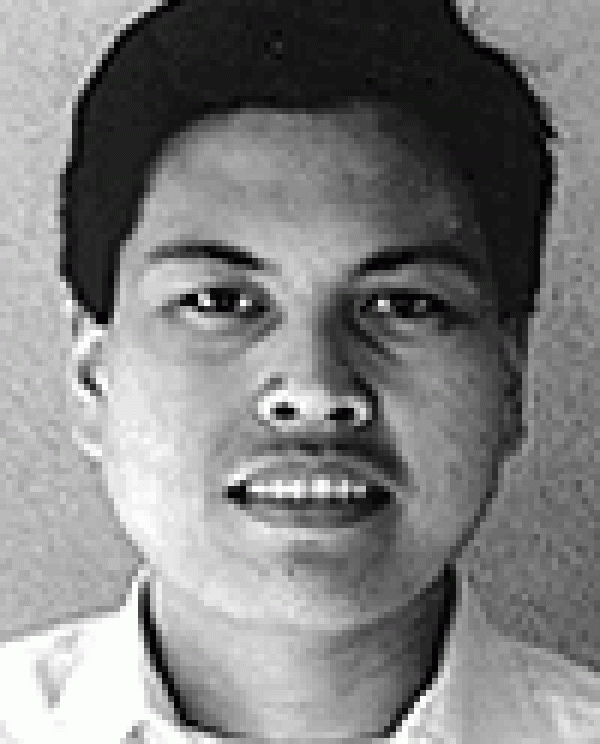Rick Barot

Bio
Rick Barot is currently Jones Lecturer in Poetry at Stanford University. He was born in the Philippines in 1969 and grew up in the San Francisco Bay Area. He attended Wesleyan University, the Writers' Workshop at the University of Iowa, and Stanford, where he was a Wallace Stegner Fellow. His first collection, The Darker Fall, will be published by Sarabande Books in 2002.Author's Statement
I'm such a pack-rat of phrases and images that by now I have in my mind warehouses of such things that I'll never be able to use. Any poem I write is always a more or less happy occasion in that I can ransack through those warehouses and finally use some of that hoard. "Reading Plato" came about when the poet Peter Sacks visited the University of Iowa and gave a riveting lecture on the Phaedrus. I'd never read the Phaedrus before, and, frankly, found it dry and slow-going when I did read it. But Peter Sacks made the text delicately textured and alive. His Phaedrus became the necessary prism by which I could see the various images of my poem. Being in Iowa City also provided some of the headlong energy I needed to write the poem. That winter it was very cold and very quiet there, and I spent more than half my time thinking of myself elsewhere, an elsewhere like the New York or San Francisco of "Reading Plato."Reading Plato
I think about the mornings it saved me
to look at the hearts penknifed on the windows
of the bus, or at the initials scratched
into the plastic partition, in front of which
a cabbie went on about bread his father
would make, so hard you broke teeth on it,
or told one more story about the plumbing
in New Delhi buildings, villages to each floor,
his whole childhood in a building, nothing to
love but how much now he missed it, even
the noises and stinks he missed, the avenue
suddenly clear in front of us, the sky ahead
opaquely clean as a bottle's bottom, each heart
and name a kind of ditty of hopefulness
because there was one you or another I was
leaving or going to, so many stalls of flowers
and fruit going past, figures earnest with
destination, even the city itself a heart,
so that when sidewalks quaked from trains
underneath, it seemed something to love,
like a harbor boat's call at dawn or the face
reflected on a coffee machine's chrome side,
the pencil's curled shavings a litter
of questions on the floor, the floor's square
of afternoon light another page I couldn't know
myself by, as now, when Socrates describes
the lover's wings spreading through the soul
like flames on a horizon, it isn't so much light
I think about, but the back's skin cracking
to let each wing's nub break through,
the surprise of the first pain and the eventual
lightening, the blood on the feathers drying
as you begin to sense the use for them.

